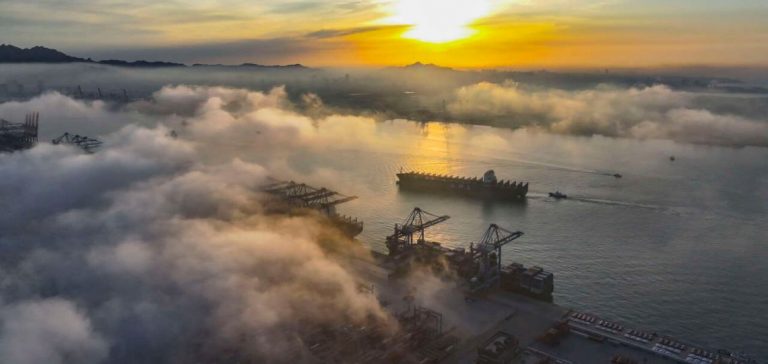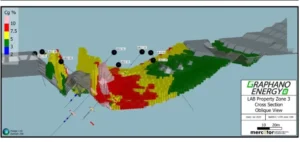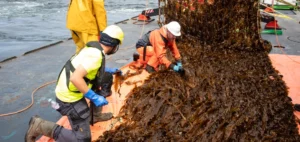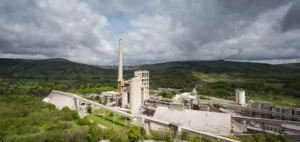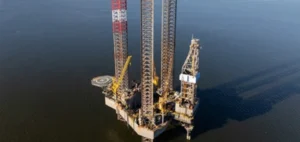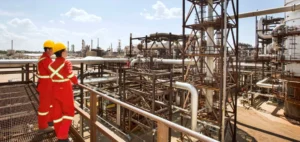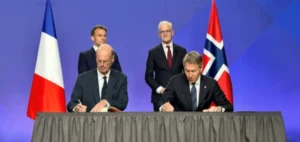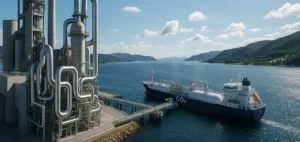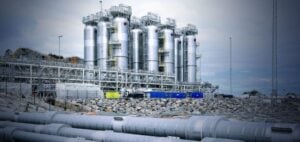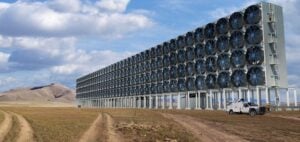Carbon capture, utilization, and storage (CCUS) is becoming a key technology for Asian countries seeking to reduce CO2 emissions while supporting the growth of their energy industry. However, the development of these infrastructures remains in its early stages due to uneven regulatory frameworks and limited incentives compared to the United States or Europe. Several countries in the region, including Australia, China, Indonesia, and Malaysia, have adopted strategies to accelerate storage and carbon transport projects by focusing on international collaborations and multi-industrial hub models.
Governments are strengthening their decarbonization policies, but funding is insufficient to support costly capture technologies. Ongoing projects are structured around regional hubs capable of consolidating emissions from multiple sectors and ensuring secure storage. Unlike Europe, where CCUS hubs are encouraged by dedicated infrastructures, Asia-Pacific is developing a more fragmented approach, relying heavily on bilateral agreements for cross-border CO2 transportation.
Australia: A Comprehensive Regulatory Framework for CO2 Storage
Australia has a structured legislative framework, with major ongoing projects. The Gorgon carbon capture project, led by **Chevron Corporation**, has already injected more than 7 million tons of CO2 into saline aquifers. At the same time, the country has implemented a carbon credit system (Australia Carbon Credit Unit), offering 25-year credit periods for eligible projects. This system has unlocked investments in projects like Moomba, operated by **Santos**, which aims to inject up to 1.7 million tons of CO2 per year into depleted fields.
However, offshore projects face delays due to land rights complications and storage permit regulations. Australia has also set up an exploration permit system to evaluate storage potential in the North West Shelf region, a strategic basin for developing future multi-industrial hubs.
China: Expanding Assisted Recovery Projects
China is positioning itself as a regional leader in terms of the number of pilot projects, primarily focused on enhanced oil recovery (EOR). Major state-owned enterprises, **China National Petroleum Corporation (CNPC)**, **CNOOC**, and **Sinopec**, have incorporated CCUS into their energy transition plans, with strategic collaborations such as those with **Shell** and **ExxonMobil** to set up hubs in key industrial areas.
In 2021, China launched its National Emission Trading Scheme, initially limited to the power sector, and plans to expand it to other high-emission industries by 2025. Meanwhile, companies are assessing the feasibility of storage hubs in regions such as Guangdong, where joint ventures with **CNOOC** aim to capture up to 10 million tons of CO2 per year.
Indonesia and Malaysia: Storage and Cross-Border Cooperation
Indonesia, rich in mature basins, recently adopted two CCUS-friendly regulations, positioning itself as a potential regional storage player. **Pertamina** leads several assisted recovery projects, while **BP** plans to integrate CCUS into the Tangguh gas project, aiming to re-inject up to 25 million tons of CO2 into gas reservoirs. The government has established a framework allowing operators to allocate up to 30% of their storage capacity to imported CO2 under specific conditions.
Malaysia is turning to CCUS to extend the life of its high-CO2 oil and gas fields. The Kasawari project, led by **Petronas**, which aims to store 3 million tons of CO2 annually, is crucial for maintaining the country’s liquefied natural gas capacity. Amendments to the Petroleum Income Tax Act in 2023 are expected to facilitate the integration of new fiscal incentives for investment in capture technologies.
Towards Regional Hubs and Cross-Border CO2 Transport
Cross-border CO2 transportation is emerging as a solution to overcome storage capacity limitations in countries such as Japan and South Korea. Both countries, with limited storage capacity, have started discussions with Australia and Malaysia to import CO2 by sea. Japan has signed an agreement with Malaysia to explore cross-border CO2 transportation to offshore reservoirs, while Indonesia has entered a partnership with Singapore to develop joint storage infrastructures.
These initiatives indicate a shift towards regional cooperation, with centralized hubs capable of connecting multiple industrial emission clusters. Australia, with its legislative amendments to allow cross-border CO2 transportation, could serve as a model for other countries in the region.

